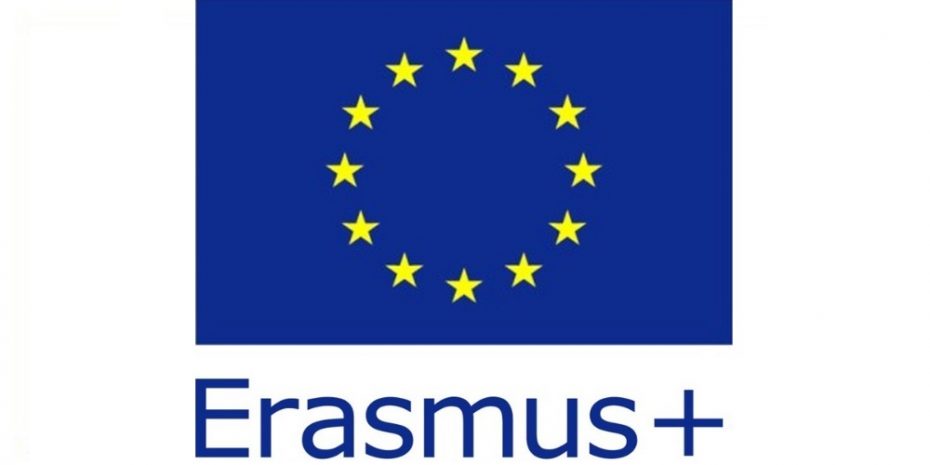 Erasmus+
Erasmus+
Department Coordinator for Erasmus+:
Information for Incoming Foreign Students
General Information on Student Mobility within Erasmus+ Programme Can Be Found After Click on This Button. Read Thoroughly to Avoid Any Unnecessary Mistakes!
How Can I Find a Mentor for a Research Project or for an Erasmus+ Traineeship at the Department of Genetics and Microbiology?
Dear students, we are very glad that you are interested in the cooperation with our Department. To find a mentor for your Erasmus+ Research Project or Traineeship, please:
1. Look at the websites of various Research Groups in our Department to choose the most interesting research field for you (it is also possible to find a mentor in other research institutes cooperating with our Department according to your interests but we can not ensure a mentor for all applicants).
!!! The Laboratory of Molecular and Tumour Virology does not accept new trainees due to exceeded capacity until further notice !!!
2. Contact the selected researcher and send him/her:
- the motivation letter
- your professional CV including your research skills (methods you know well)
- details about your research stay (prefered start of the project, its duration, expected outcomes)
In case the Laboratory is interested in you and wants to offer you a participation in its research activities, you will be contacted back (you will probably be contacted back even in case they cannot offer you a project, but we cannot ensure this).
You should also know that:
a) Research projects are included under „Student Mobility for Studies“ and you can receive different amount of credits according to the intensity of your project, but you can not receive any other mark or percentage evaluation for it. The research projects are based on existing interinstitutional agreements. They are found in the Student Information System (SIS) under Student Affairs Division and have the following codes:
| IS code | Course name | Semester | E-Credits (ECTS) |
| MERA600 | Research project for visiting students | both | 5 |
| MERA601 | Research project for visiting students | both | 10 |
| MERA602 | Research project for visiting students | both | 20 |
Additionally, combination of two such projects enables you to get 30 ECTS per term.
b) „Student Mobility for Traineeship“ does not offer any credits and any marks. New agreement for traineeships can be signed to start the traineeship.
Practical Traineeships for Outgoing Ph.D. Students
You can apply for a Practical Traineeship at any time during the year. However, preparation should begin at least 2 months before the planned departure. The host institution can be a university or a scientific research institute.
Duration of stay: 2-6 months (long-term traineeships), 5-30 days (short-term Ph.D. traineeships; only in some countries)
The application includes:
- Motivation letter (in English)
- Structured CV (in English)
- Detailed project plan (approximately 1 page)
- Acceptance letter (on the letterhead of the host institution, including dates, and signed by the foreign supervisor)
- Transcript of academic records
- Approval from your current Ph.D. thesis supervisor
Based on these documents, an online application will be created, which you will complete and have confirmed by the programme coordinator. The next phase of preparation is handled by you in cooperation with the faculty's Erasmus office.
An alternative to a long-term or a short-term practical traineeship is a Practical Traineeship for Recent Graduates, but preparation for this must begin before the completion of your studies - the traineeship agreement must be approved before your Ph.D. thesis defense. Preparation should begin 2-3 months in advance.
Further, detailed information, together with the link to Erasmus Club, can be found here:
Requirements for Outgoing ERASMUS+ Students at the Faculty of Science, Charles University in Prague: What to Do Before Departure and After Return
Erasmus Club





















